-
Celestron Nature DX 8×42 binocular review
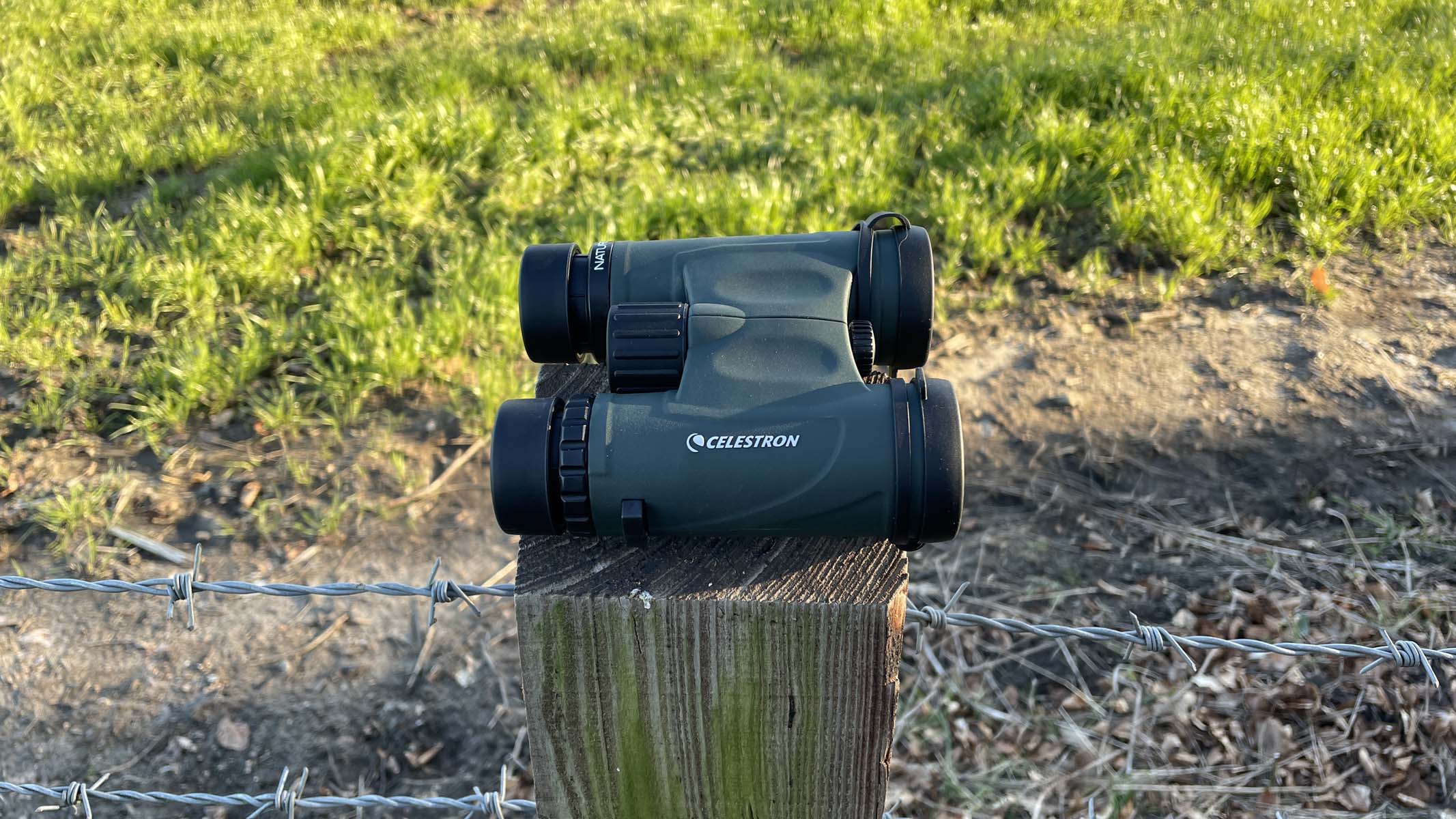
Why you can trust Live Science Our expert reviewers spend hours testing and comparing products and services so you can choose the best ones for you. Find out more about how we test. Celestron has stated that these binoculars are intended for all-round use by beginners for both daytime and nighttime observations. They are, therefore,…
-
Opinion: My view of the Mississippi Museum of Natural Science

Children need a way to fall in love with nature and they need places for this to happen. Current writing on child development explains and reinforces this need. The book “Last Child in the Woods” (2008) by Richard Louv is a good place to start. When children reach adulthood with a solid tie to the…
-
New Google AI Chatbot Tackles Complex Math and Science

May 15, 2025 3 min read A Google DeepMind system improves chip designs and addresses unsolved math problems but has not been rolled out to researchers outside the company By Elizabeth Gibney & Nature magazine DeepMind says that AlphaEvolve has helped to improve the design of AI chips. MF3d/Getty Images Google DeepMind has used chatbot…
-
Heat risk meets hard science: How the DesirMED Project is redefining wildfire defence in southern Europe
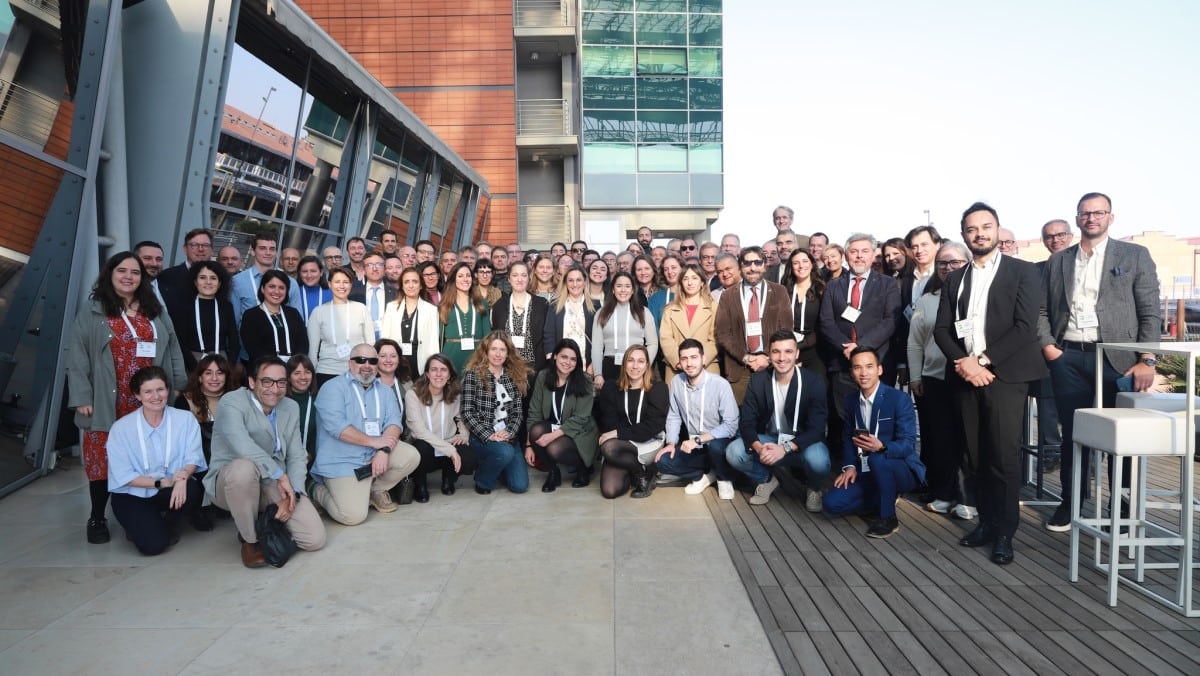
Ferran Dalmau–Rovira, Director of Medi XXI GSA, explains how the DesirMED Project is applying science and nature to tackle extreme wildfire events in the Mediterranean As wildfires grow more frequent and severe due to climate change, regions like the Mediterranean are becoming increasingly exposed to large-scale disasters. Could initiatives underway in Europe help prevent catastrophes…
-
Ancient rituals meet modern science in Kind Atoms skincare debut designed by Run For The Hills

In a saturated beauty market where “clean” and “science-led” are often tossed around as buzzwords, new skincare brand Kind Atoms stands out by actually delivering on both. London design studio Run For The Hills was brought on to bring the brand’s story, identity and debut product to life, and the results are nothing short of…
-
Amber in the Cretaceous deep sea deposits reveals large-scale tsunamis

Abstract Large-scale tsunamis destroy coastal areas and rapidly transport huge amounts of plants and other debris over long distances. However, due to their poor preservation potential and the lack of unequivocal identifying features, tsunami deposits are rarely recognized in the geological record except for geologically young Holocene coastal deposits. This study focuses on pelagic settings…
-
Fun while learning

Photo by Samantha Davis Augustine Walter, left, Greysyn Honken, center, and Stella Harmsen participate in a bubbles demonstration Tuesday at the SWWC Science and Nature Conference at Southwest Minnesota State University. <!– SHOW ARTICLE –> MARSHALL — Hundreds of students from across southwest Minnesota stepped out of the classroom to meet at Southwest Minnesota State…
-
Spring Songbirds Sing: A Trip to the Vermont Institute of Natural Science Nature Center
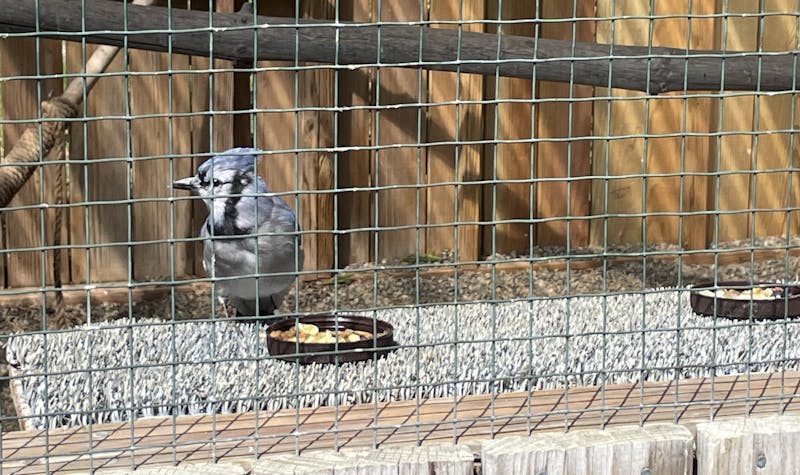
After a bleak winter and the rain of the past week, spring is finally in bloom at Dartmouth. Bright smiles and sunshine light up every corner of campus. But with all the excitement of warmth, it is easy to neglect the unique opportunities that lie just beyond Hanover. While many students may endeavor to hike…
-
Toward fair AI-driven medical text generation
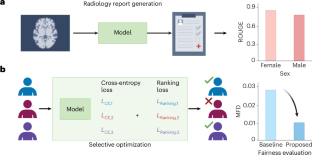
A recent study assesses bias in artificial intelligence (AI)-generated medical language to find differences in age, sex, and ethnicity. An optimization technique is proposed to improve fairness without sacrificing performance. Access through your institution Buy or subscribe This is a preview of subscription content, access via your institution Access options Access through your institution /*…
-
Six striking images showcase scientific fieldwork
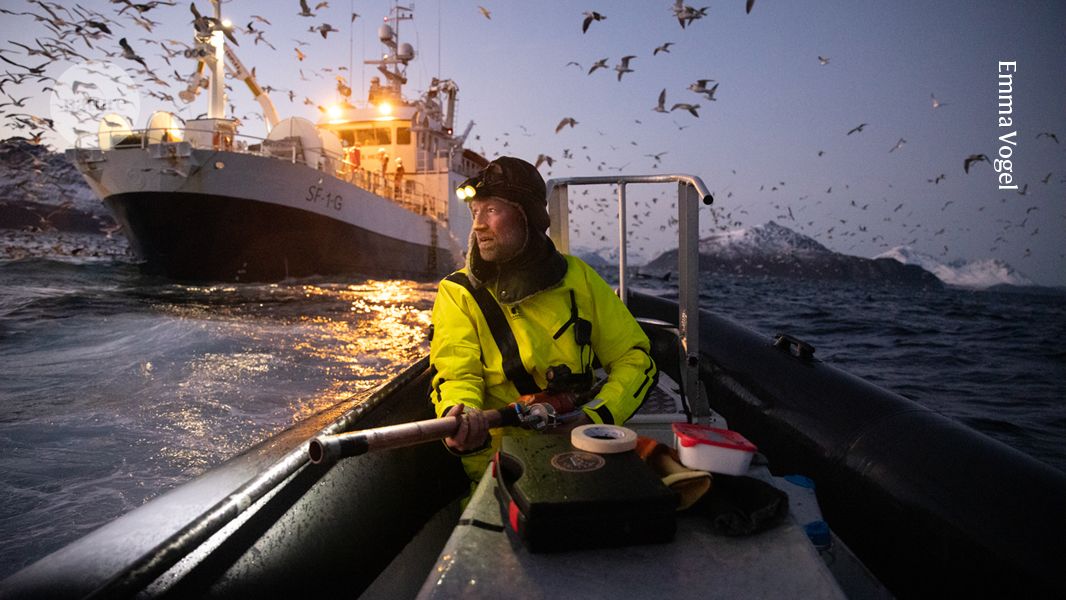
Gulls scream overhead as a scientist battles raging waves from a boat in a northern Norwegian fjord, with his course aided only by the yellow glow of a nearby fishing trawler. This dawn shot of biologist Audun Rikardsen, taken by his PhD student Emma Vogel in November 2020, is this year’s overall Scientist at Work…